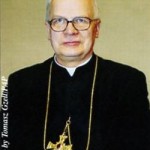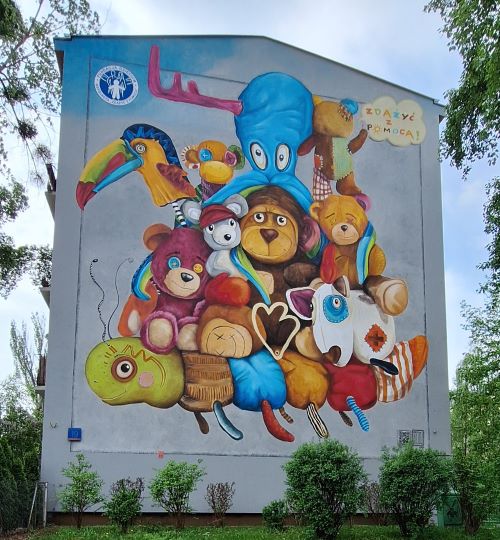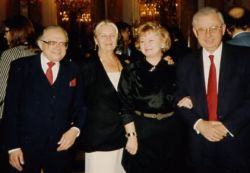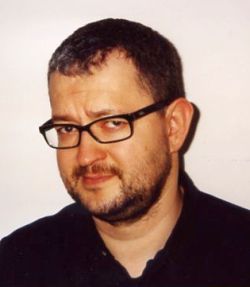20 kwiecień 2008
About us without us
I expect very low voter turnout in the elections – particularly in the countryside – and that means that Polish agriculture may not be represented in the European Parliament. Let us remember that over 40 percent of the European Union’s budget is absorbed by the common agricultural policy. If farmers want to have a significant voice in that pool, that have to vote for representatives of the Polish countryside. If not for representatives from Polish Peasants` Party (PSL) then for others who have not yet betrayed the Polish countryside. Polskie Stronnictwo Ludowe (PSL) has and will not betray it – saying Eugeniusz Kłopotek, deputy for the PSL, observer at the European Parliament.



























CATHOLIC CHURCH
Continuation and breakthrough
A little over 90% Poles declare themselves to be Catholic. However, 5% of believers do not attend church at all. 53,9% of believers declared they were living in accordance with the commandments of the Church. więcej...